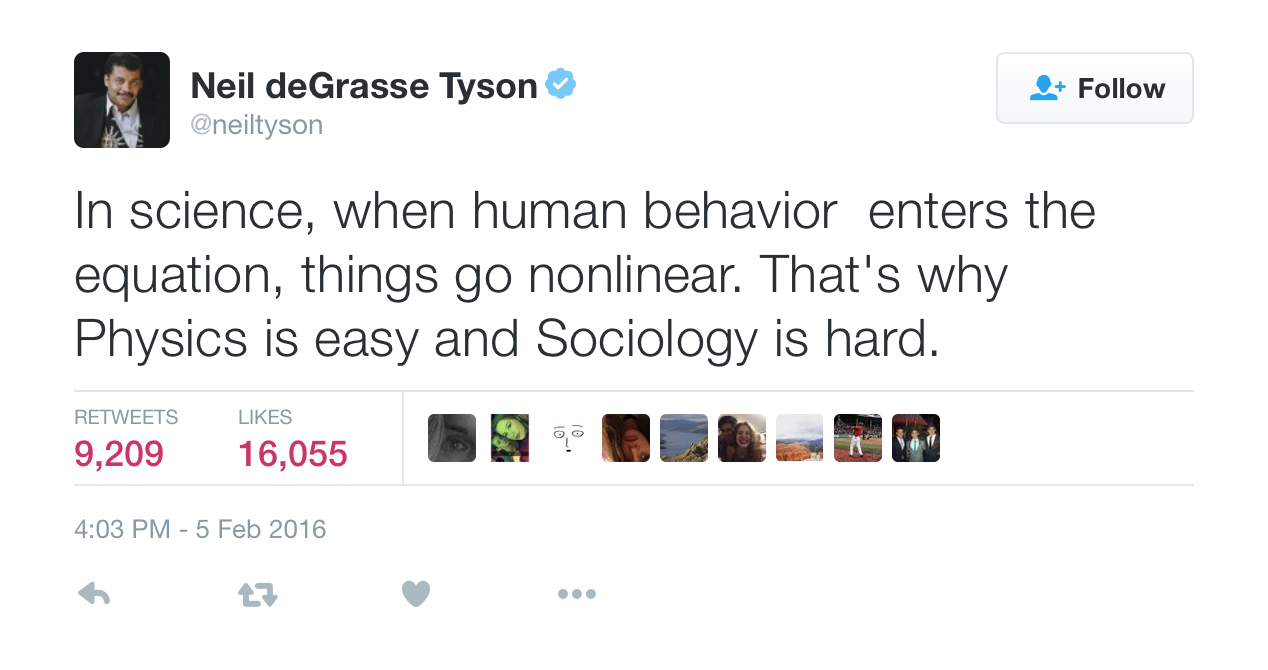
I decided over this weekend that I would take the questions posed to me by my future student cohort, and use them to create some content. I made some text, some video, and some audio.
Some text:
- a written response by email
- and also an article or series of question and answer format snippets
A video:
- I thought I would shoot my talking head response
- plus make some slides for a bit of visual ooomph to reinforce some of the points I want to make
- and I thought too that it might be a good opportunity to use some of the stock footage that I bought earlier in the year precisely for the purpose of making videos like these
Some audio:
- I can just use the audio from the video as a sort of podcast
- I can use my written text and record myself talking about and around what I've already written, to (hopefully) explain better
And then it hit me. Why don't I just fire this stuff out there onto a website, in the form of snippet blog posts, longer format articles, videos, and podcasts? With a little bit of effort beyond what I currently do anyway, I can multi-purpose (or at least re-purpose) a lot of the content that I am starting to generate.
So that got me fired up and excited to engage in a deeper degree of content creation.
So anyway I had been thinking that I was done on the issue of my super student questioner who asked me:
"Are there any down sides to A Level Sociology?"
But it turns out that I wasn't done, oh no.
It turns out that there is nothing quite like sleeping on an issue, and then doing a bunch of other things (if you must know: fixing up an old landrover; dismantling an old hen house), in order to get my subconscious to suddenly pop up with 'Hi there! You should also address these other issues too you know!'.
Which is what happened today.
Other possible down sides to studying Sociology are that it is easy to fall into the trap of trying to solve the issues that we study. It's an obvious and tempting trap to fall into - who wouldn't want to improve something or fix an apparently obvious oversight? And who better to try to do this than the people who are studying the effects of human agency in society and who understand the issues with a depth and clarity beyond the scope of those who don't study or notice?
But it turns out that one of the fatal mistakes made by plenty of Sociology students is trying to fix things. For a start, there are few thanks involved. Take equal pay among genders as an example. Simplifying it to 'just' men and women, if we discover that men are still being paid more than women despite legislation to prevent this occuring, what can we do? Well, we can equalise their pay so that men and women get paid the same. Either women's pay will rise, or men's will go down, or a mixture of both. So either men will complain that their pay has gone down, or employers will complain that their labour costs have risen. It never is quite as simple as we perceive it to be.
Now of course, that's no reason not to try. But actually Sociology is the science of humans in groups in society, and so the goal of Sociology is more about researching and making observations in order to understand human society. Not necessarily to fix it.
Another down side is that students of Sociology will often default to their opinion about things instead of remaining scientific about things. So it is common among budding Sociologists to see phrases such as 'I think...' and 'In my opinion...' cropping up in answers and essays.
What's the problem with this? Well, it just isn't very empirical or scientific to use the subjective opinion of the observing Sociologist, instead of actual evidence and research. Opinions from participants in research? That's fine, so long as it is discussed in the context of a qualitative analysis. But the actual researching / analysing Sociologist needs to refrain from inserting themselves into the discussion. Instead, they should be using the research and evidence from their own and others' work to explore the issues from a more objective standpoint.
Some students find this absence of their own opinion to be frustrating.
And finally, another down side to studying Sociology might be the inevitable conclusion that ther just is no 'right answer' for most of the things that Sociologists study. Some students, especially completists or those with a more scientific bent, might want to conclude by coming down firmly on one side or another with respect to the isue being analysed.
Other students might find the extensive relative comparisons between different branches or theories of Sociology to be exhausting and inconclusive, and so might well want to just jump to the 'correct' answer in order to feel that they have 'dealt with' a topic. While this may be relatively easy to do in other branches of science, where it is possible to isolate variables and control experiments in laboratory conditions, this is not usually the case in Sociology.
Instead, students of Sociology find themselves having to cope with highly complex arrays of interacting elements where it is not possible to isolate any variable and measure the extent it changes due to manipulation of one other variable. Society turns out to be a highly complex field experiment that cannot be brought into the laboratory, and we therefore rely on natural occurences rather than contrived lab conditions a lot of the time. This makes Sociology hard. In the words of the physical scientist Neil deGrasse Tyson: "In science, when human behaviour enters the equation, things go nonlinear. That's why Physics is easy and Sociology is hard."

What other down sides to the study of Sociology do you think there are?
What are your opinions about the study of Sociology?
Do you know, or not know, what Sociology is? Or is useful for?
How would you have dealt with this question, if you were asked it about the thing that you do, instead of about Sociology?
Tyson is right. How complicated would physics be if atoms had feelings?
Right? Or the ability to form and dissolve subcultures at whim, each with their own governing rule systems of norms, values, beliefs, mores? Or a small subset of atoms that leveraged the work of other atoms to the extent that they could just enjoy a life of relative leisure?
"It's just atomic nature that protons should bind with electrons. Anything else is just deviant."
"I'm fed up with being a proton. You electrons have way more fun. I'm going to be an electron from now on."
"Actually, I've always felt more like a neutron. I never really felt like a proton."
"We protons do all the work around here, we must be way more important. Our name means 'first' in Greek so it's kinda obvious that we're supposed to be in charge. The entire sequence of atomic numbers is based on us. That's no accident - we were always meant to be unique and important, more so than you."
Can you imagine trying to observe elements if they had feelings and were subject to the Hawthorne effect? :-)
LOL. Exactly 😂